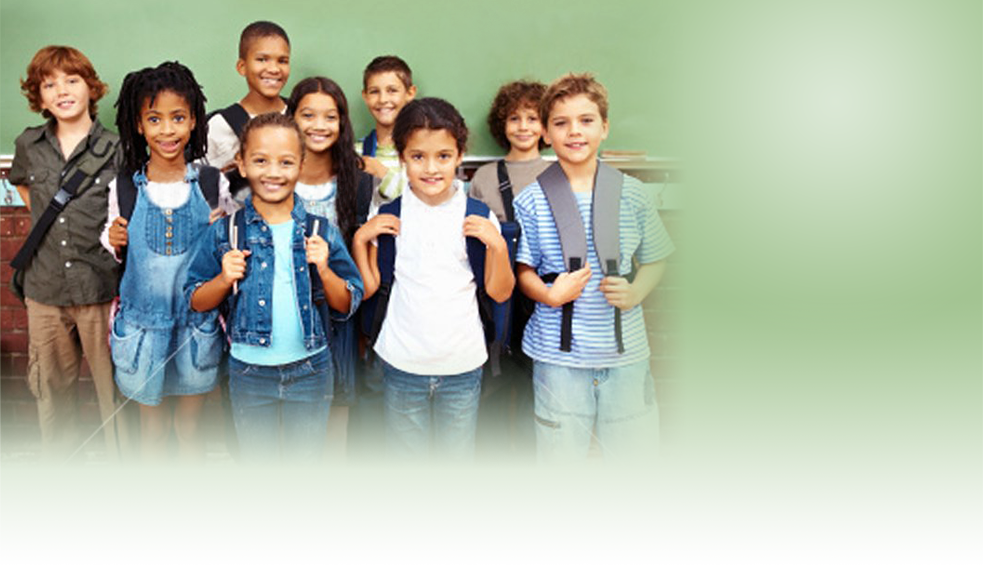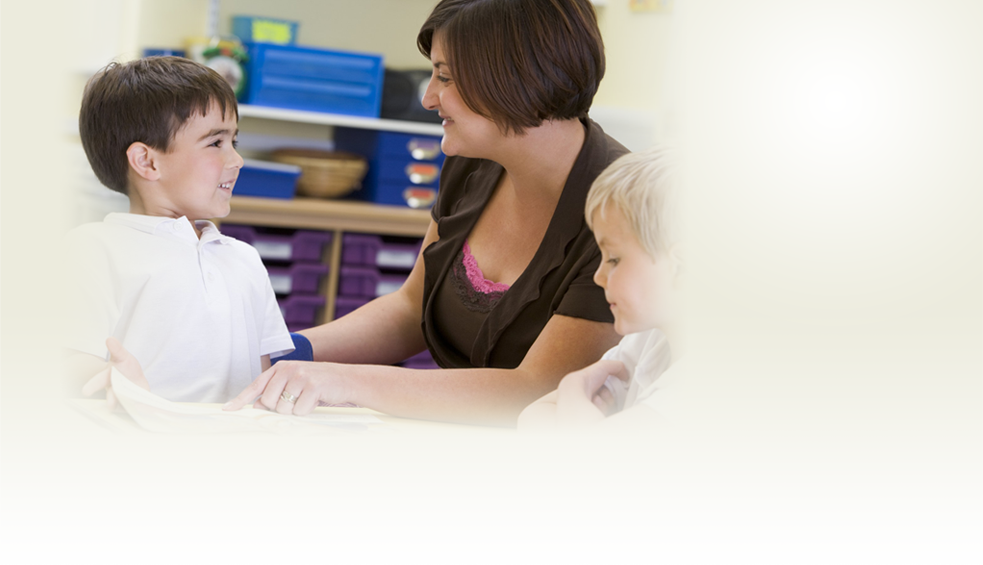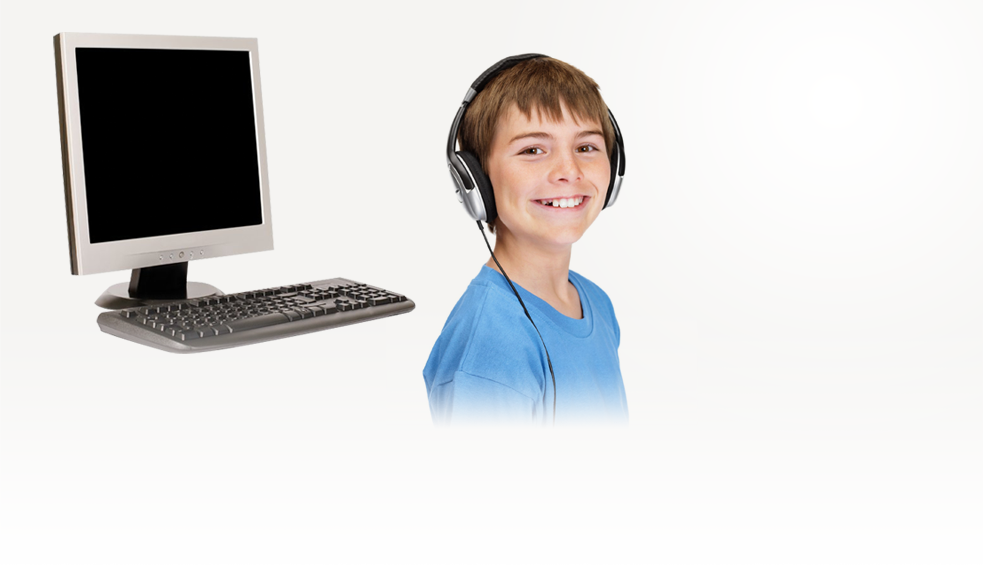What is childhood apraxia of speech?
Childhood apraxia of speech (CAS) is categorized as a motor speech disorder. Children with CAS have problems saying sounds, syllables, and words. The severity of the condition ranges from mild to severe. Speech difficulty is not due to muscle weakness. It is a neurological condition causing the brain to have difficulty planning and sequencing movement with the proper muscles. With apraxia, the child knows what he or she wants to say, but his/her brain has difficulty coordinating the muscle movements necessary to say those words. Not all children with CAS present like symptoms. Symptoms can include lack of babbling as an infant, late talker, limited consonant and vowel sounds, difficulty combining sounds and stringing syllables together, long pauses between sounds, visual signs of struggle when trying to produce certain sounds or words (groping). It is important to have your child evaluated by a speech-language pathologist (SLP) who has knowledge of CAS to rule out other causes of speech problems
THE BENEFIT OF SPEECH THERAPY FOR CHILDREN WITH APRAXIA:
Research shows the children with CAS have higher success when they receive frequent (3-5 times per week) and intensive individual treatment. Therapy designed on improving the planning, coordination, and sequencing of muscle movements for speech production is key. Often, therapy techniques are used to interact a variety of senses (tactile, visual, verbal, auditory feedback).
Some children are taught to use sign language or an augmentative and alternative communication system (e.g., a portable computer that writes and/or produces speech) in more severe cases. Once speech production is improved, the need for these systems may lessen, but they can be used to support speech or move the child more quickly to higher levels of language complexity.
Practice at home is very important. Families will be given assignments to help the child progress and allow the child to use new strategies outside of the treatment room that were successful. Treatment of apraxia of speech takes time and commitment. Children with CAS need a supportive environment that helps them feel successful with communication.




